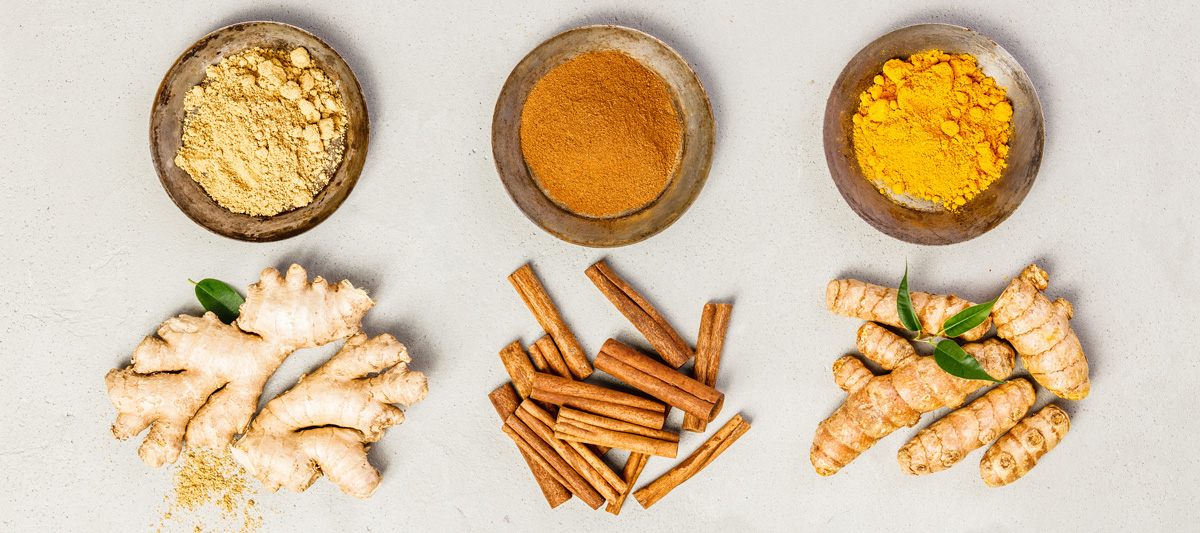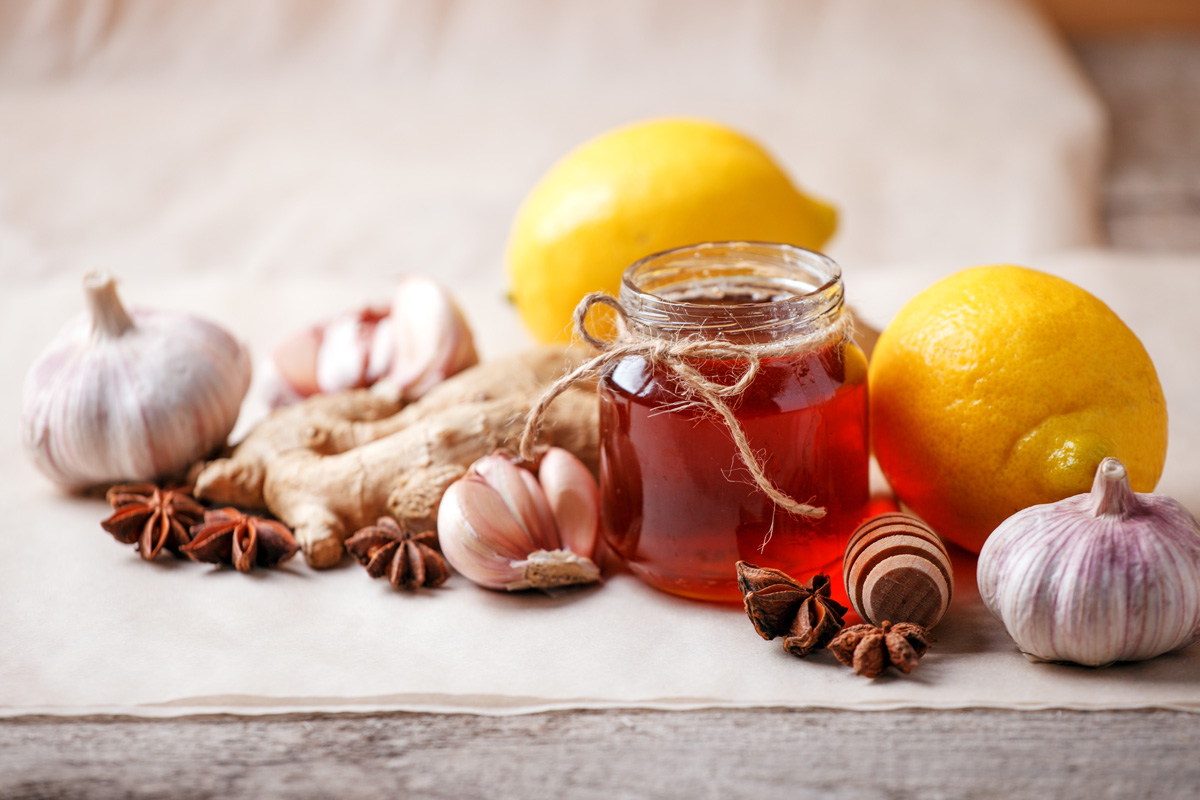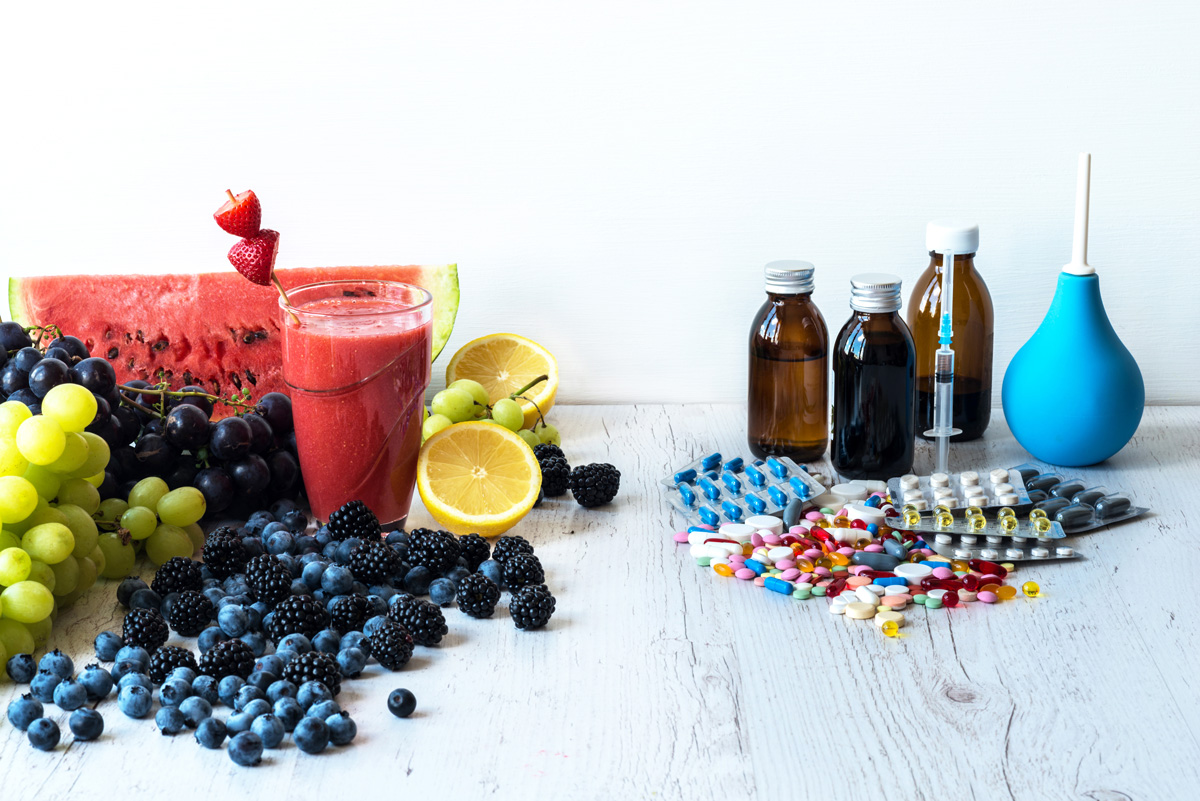Colds and infections collect abundant harvests among Poles every year. The body's immunity is to defend against pathogens such as bacteria, viruses and pathogenic microorganisms. Many people, guided by the message of television commercials, choose symptomatic treatment, which consists of drug treatment. In some cases it is necessary, but prevention is better than cure. The article deals with the topic of strengthening immunity naturally.
Why am I still sick?
Bacteria and viruses pose a threat to the human body, especially with weakened immunity. With a deficient diet, lack of regeneration and constant stress, you can feel its significant decrease. We often do not realize that factors such as the lack of adequate amount and quality of sleep, or an inadequately balanced menu can affect our immune system. Contemporary highly processed diet model, characterized by low supply of vitamins and minerals, fiber is not conducive to strengthening immunity. Often, the lack of caring for a diet leads to a shortage of key nutrients, which among other things affects the regulation of immune functions.
Pillars for natural immunity supportlary

In terms of increasing immunity, important substances of plant origin include dietary polysaccharides, flavonoids, polyphenols, tannins, lactones and many more. They are used in biosynthesis of immune cells. In caring for the good condition of the body, you should provide significant amounts of antioxidants with your diet. It's worth just reaching for a large amount of seasonal vegetables and fruits: 4-5 portions of vegetables and 1-2 portions of fruit a day. In addition, the menu should be rich in omega-3 fatty acids, ginger, garlic, silage and fiber - which has a huge contribution to maintaining the proper functions of our immune system. In addition, it is a good idea to support its work with anti-inflammatory spices: turmeric, ginger, and cinnamon.
In the diet, bet on such products as:
• Honey and bee products - in the case of infection, the use of honey gives great results, especially at the beginning of the disease. When using these products, sore throats, hoarseness, and elevated body temperature decreases.
• Elderberry - has antiviral and immunomodulatory properties. Elderberry flowers are used as a diaphoretic and antipyretic agent.
• Chokeberry - its fruit is attributed to hepatoprotective, anti-inflammatory, antiviral and antibacterial activity. In addition, they contain many vitamins (provitamin A, B, C, PP, and E) and minerals (Cu, Mn, Ca, Fe). The most common form of chokeberry is juice.
• Silage - it is worth supporting yourself with fermented products. Lactic acid bacteria are found in commonly consumed silage. Lactic fermentation bacteria provide protection against pathogenic bacteria and stimulate the immune system. Fermented foods such as yogurt or kefir, silage e.g. cucumbers, cabbage and olives are a natural source of potentially probiotic bacteria.
Beverages strengthening immunity

As part of strengthening our natural protection, it is worth making drinks from the most-known substances with immunity-strengthening effect.
Ginger is a medicinal plant that has been used around the world since antiquity. It contains many biologically active substances that support immunity.
Ginger infusion recipe
Ingredients:
• 500 ml of water,
• 50 g ginger peeled and cut into thin slices,
• 3 cardamom pods,
• honey,
• lemon juice,
• 3 cloves.
Execution:
1. Ginger should be washed, peeled with a small spoon and cut into the thinnest slices.
2. Add spices, pour water.
3. Bring to a boil, reduce heat and cook for 15 minutes under cover. Drain off.
4. Keep the ginger infusion in a sealed bottle or jar.
5. Before serving, heat the infusion; add a teaspoon of honey and a few drops of lemon juice.
Garlic is one of the oldest plants with health-promoting properties, cultivated by man. It has a strong bactericidal effect, stimulates the immune system and has antioxidant properties.
Garlic syrup recipe
Ingredients:
• 1 head of garlic,
• juice squeezed from 1 lemon,
• 3 tablespoons of honey,
• 0.5 cups of boiled and cooled water.
Execution:
1. Peel and crush garlic, add lemon juice, honey and boiled, cooled water.
2. Then set aside in a dark and cool place for two days.
3. After this time, drain off through gauze and pour the syrup into a glass screw cap (e.g. jar) and store in the fridge. For people who do not tolerate the aroma of garlic, to neutralize its unpleasant smell, you can add fresh parsley, thyme or mint. You can also find many supplements on the market that contain it. Preparations with garlic should contain a daily dose of 6-10 mg of alliin, which corresponds to 3-5 mg of allicin, usually contained in one or two cloves of garlic.
Immunity comes from the stomach
There is a reason why this saying is so popular. Lymphatic tissue found in the gastrointestinal tract (GALT) accounts for nearly 80% of our entire immunity. Intestinal microflora is involved in stimulating it, which is why we should take care of its good condition. It turns out that the use of probiotics can support the work of the immune system. Pulse supplementation may be beneficial.
Probiotics are live microorganisms that when given in the right amounts have a beneficial effect on the digestive system and health of the host. Probiotic bacteria significantly stimulate and support the proper functioning of the immune system, especially GALT. The immunomodulatory effect of probiotics depends on the strain used. Mono-graft products that increase our immunity include, among others: L. rhamnosus GG ATCC 53103, S. salivarius K12. Among multi-graft products, it will be best to use a rich mixture of bacteria from the Bifidobacterium family. In order to choose the right probiotics, it is worth turning to a specialist. Prebiotics are essential for proper nutrition of probiotic bacteria. These are nutrients that are not subject to the digestive process in the digestive tract and selectively induce the activity and growth of the beneficial intestinal microbiota. Fructooligosaccharides (FOS) are the most popular prebiotics. We find them in asparagus, garlic, chicory and onions. Regular intake of prebiotics, such as FOS or inulin, improves physiological functions, affects the nutrition of the intestinal microbiota, intestinal peristalsis and promotes the development of a proper immune response.
What vitamins and minerals?

Vitamins that strengthen our immunity include: A, E, B6, C, D.
Vitamin D - every cell of the human body has a dedicated receptor for it, and its activity in the body is much broader than previously thought. The largest amounts are synthesized in the skin after exposure to solar radiation. In our latitude, the synthesis of vitamin D from October to March is very difficult. It is also available in food products such as fatty fish and egg yolks. However, the amount of this vitamin that we can take with the diet is insufficient to maintain its normal level. Therefore, in order to provide it with adequate amounts, supplementation should be introduced, based on the result of a 25 (OH) D3 blood test.
Vitamin C - increases the activity of immune cells, so it is necessary for the proper functioning of the immune system. Its main sources include plant products - fruits and vegetables: raspberries, strawberries, black and red currant, citrus fruits, red peppers, broccoli, cabbage and parsley. We can successfully provide it with a diet, without having to include supplements. Therapeutic supplementation with vitamin C in an amount of about 1g / d can shorten the common cold by less than half a day (slightly better effect in children) and alleviate its symptoms by only about 12%.
Zinc - according to research, supplementation of chewable zinc may reduce the common cold by 33%, i.e. by as much as 3 days. Immediately after the onset of a cold, it is recommended to take 75-100mg / d zinc, in several smaller doses (10-20mg each). It is important that the supplement contains the appropriate form of zinc (gluconate or acetate).





